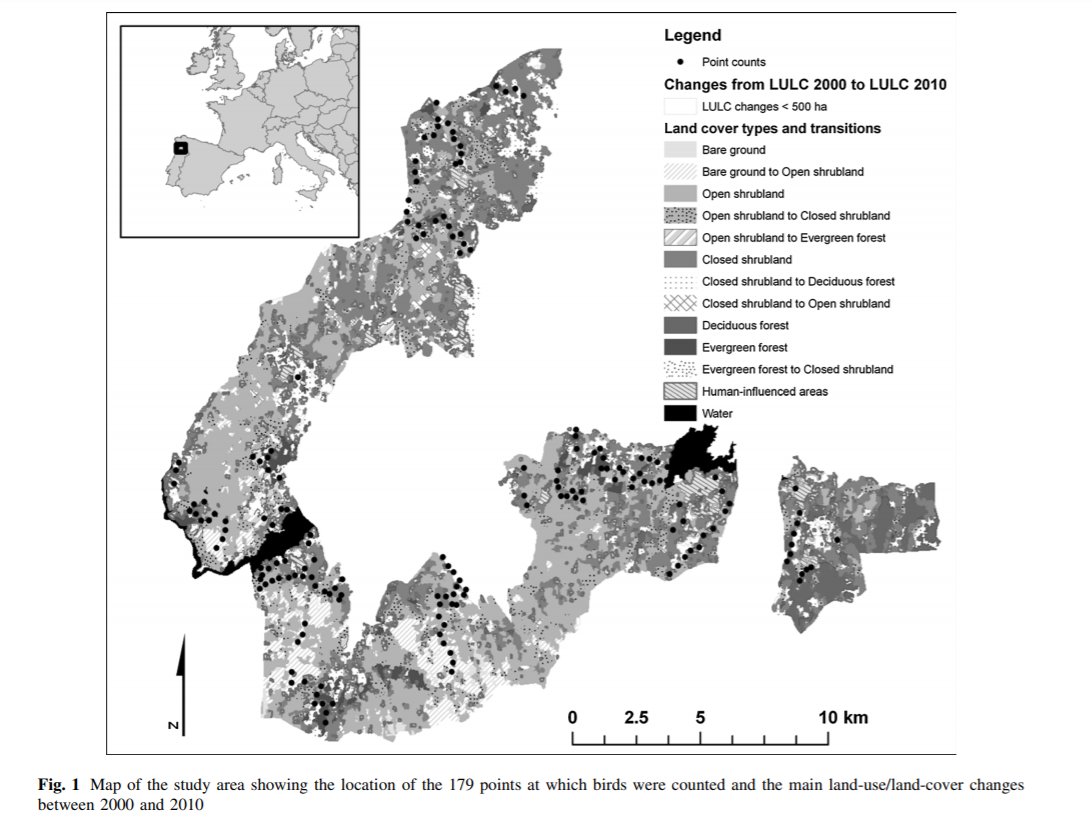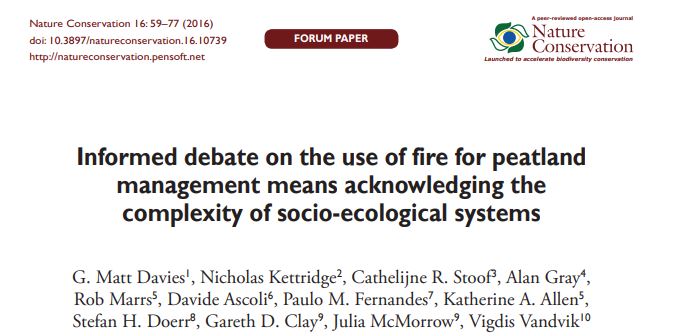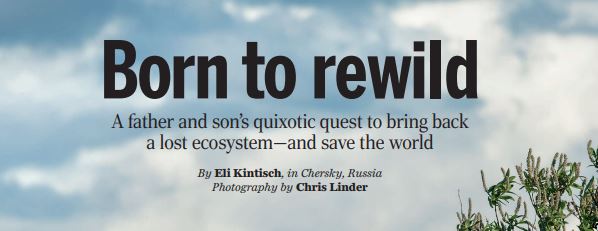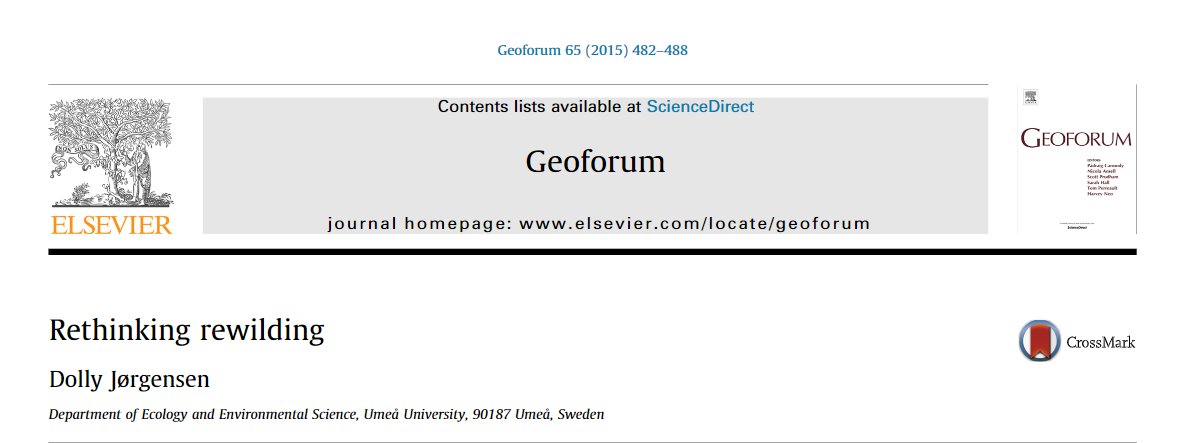
1/ #Rewildingscience with rewilding as a new framework in management by P. Jepson (2016)
-People can experience ‘ecological boredom’ and show indifference to wildlife issues⬇️
-Rewilding embraces change around current management and reinvigorates 21st century #conservation⬆️
-People can experience ‘ecological boredom’ and show indifference to wildlife issues⬇️
-Rewilding embraces change around current management and reinvigorates 21st century #conservation⬆️
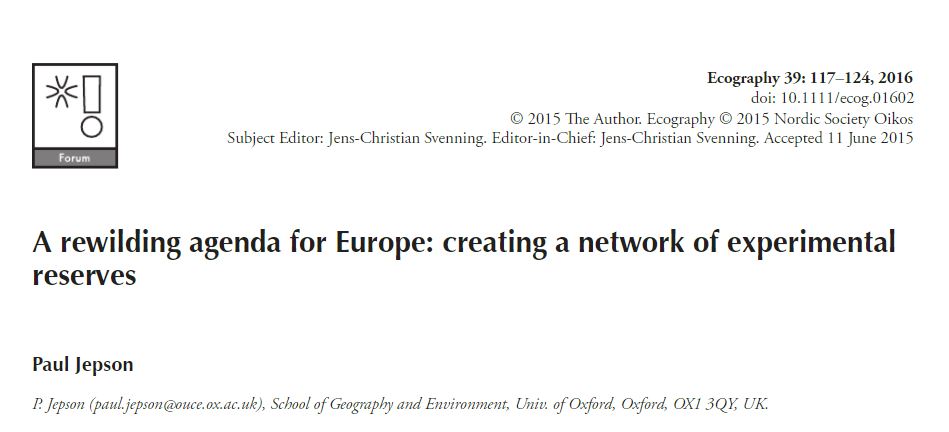
2/ Since ~2008 the number of rewilding articles has shown a sharp incline, highlighting the growing interest in this ‘radical’ form of ecological management. This challenges existing conservation frameworks… 

3/ Conservation frames are shaped by scientific technologies, media, management practices and legislative practices. This dictates how we manage the environment. Rewilding could be introduced as a new frame, opening up debate on how nature ‘management’ should be approached 

4/ rewilding as a concept represents a functionally different paradigm to the institutional (or compositionalist) framework that is being used in Europe; restoration vs preservation, static vs dynamic, direct management vs passive management etc 
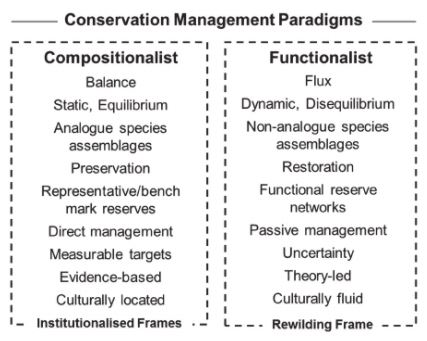
#rewilding can therefore highlight a new, exciting, and forward thinking way of tackling our current biodiversity and climate issues. Follow this link to read the paper in full : onlinelibrary.wiley.com/doi/epdf/10.11…
@threadreaderapp unroll
• • •
Missing some Tweet in this thread? You can try to
force a refresh


